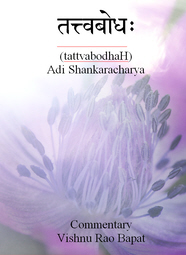OM!
Before getting started with spirituality, let’s discuss ‘Religion’, because of which I am where I am and love being today!
Religion to me is like that teacher who places a nut with its hard shell in the hand and tells us to “believe” that there is something in it. When the nut is shaken out of curiosity, there may not be anything immediately perceptible in the case of a very tightly packed nut. At such point, 1 of 4 reactions is possible:
- One rejects it because the inside is not immediately known/perceptible-atheists.
- One becomes so obsessed with the nut itself, its shape, colour, beauty and thus becomes “nut obsessed” that they even forget the possibility of something existing inside of the shell-extremely religious folks whose entire life is consumed by and ends at religion.
- The nut obsession itself is pushed so far that the obsessor himself turns into a nut (hehe sorry I simply couldn’t hold that back)-religious fanatics who won’t stop short of even killing.
- Holding the nut long enough in the hand based on some initial belief induces curiosity and questioning to the point where there is a frantic search for a tool to crack open the shell to look at what’s within it. Philosophy is that tool to crack open the nut and voila, the core is exposed-those driven into Philosophy through initial instillation of belief/faith by religion.
Points 2, 3 and 4 above clearly indicate a grounding in some belief without which the nut would have been discarded, as in 1.
It is only when that core of the nut is exposed that its very purpose is served! Similarly insist the wise, Religion has served its highest purpose only when it has led to the core of it, God!





